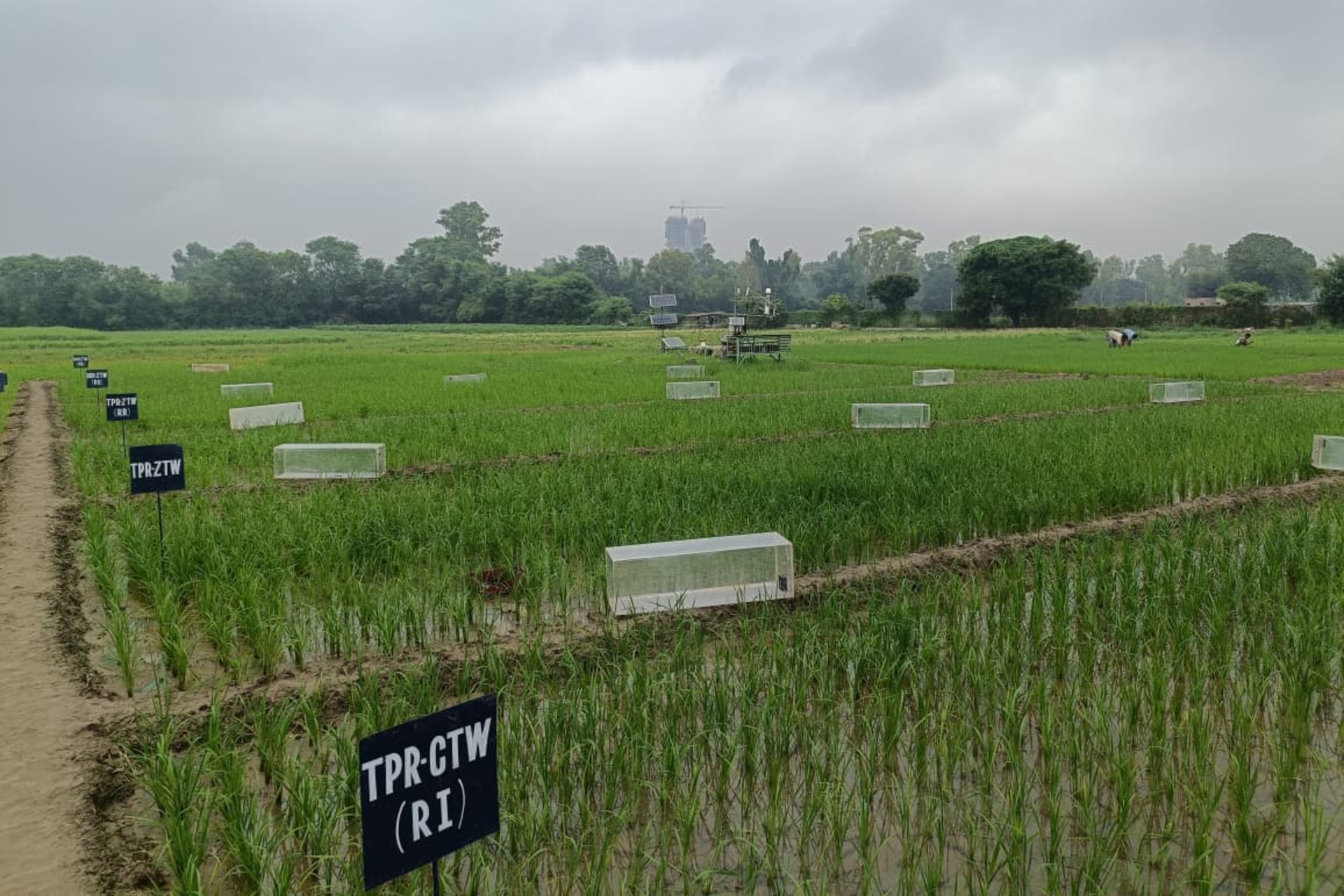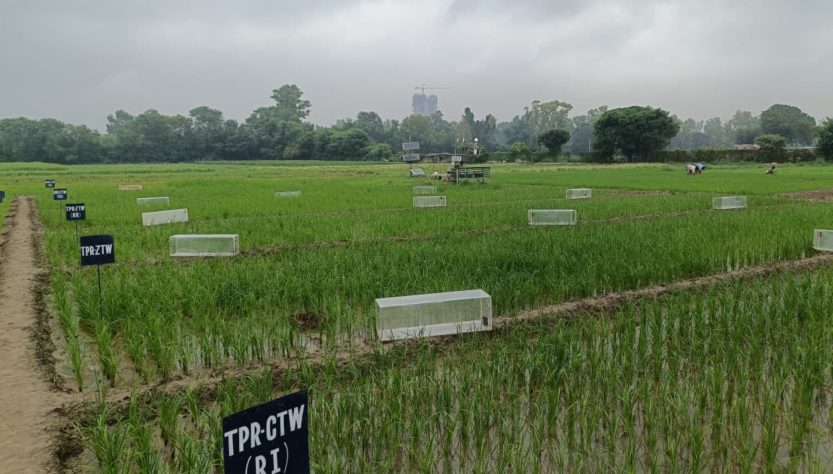Mirova, the French investment firm focused on climate initiatives and supported by Kering along with other major corporations, has allocated $30.5 million (€26.4 million) to Indian climate technology startup Varaha. This funding will aid in the enhancement of the startup’s regenerative agriculture program, benefiting hundreds of thousands of smallholders in northern India.
This transaction signifies Mirova’s inaugural carbon investment in India, yet its approach is unconventional. Instead of acquiring equity, the Paris-based company is providing cash and will receive a portion of the carbon credits produced in return over time.
This setup fits into Mirova’s carbon investment framework, which directs corporate funds into verified emissions-reduction projects. The firm operates as an affiliate of Natixis Investment Managers and counts prominent backers like Kering, Orange, L’Occitane Group, Capgemini, Unibail-Rodamco-Westfield, and MANE among its supporters. These companies are all looking to mitigate emissions from their supply chains through trustworthy carbon projects.
Regenerative agriculture — the method of rejuvenating soil vitality and boosting biodiversity through techniques such as crop rotation and minimized tillage — is increasingly recognized as an effective strategy to enhance agricultural resilience against climate change. In India, where countless small farmers contend with deteriorating soil health and inconsistent rainfall, this approach is as vital to survival as it is to sustainability.
Established in 2022, Varaha designs and implements carbon initiatives within regenerative farming, agroforestry, and biochar. It collaborates with a network of 48 local partners to execute field operations, while its software tracks these projects in real-time, verifying both environmental and social results.
Mirova’s investment is directed towards Varaha’s Kheti project, which assists farmers in the Indian states of Haryana and Punjab in adopting low-emission methods and generating certified carbon credits that can serve as an additional revenue source. Currently, the initiative encompasses over 200,000 hectares and is anticipated to reach about 337,000 farmers across 675,000 hectares as it expands.
Varaha’s methodology is grounded in practices adapted for India’s cropping environments, particularly within the rice-producing regions. The startup emphasizes direct sowing of rice and integrating crop residues back into the soil — a vital alternative to the prevalent practice of burning stubble post-harvest, according to Madhur Jain, co-founder and CEO of Varaha, in a discussion with TechCrunch.
Techcrunch event
San Francisco
|
October 13-15, 2026
“Instead of incinerating the residue, you utilize farming machinery to chop it on-site and incorporate it back into the ground,” he revealed to TechCrunch.
The startup also advocates for reduced tillage, transitioning from several ploughing phases to only one or two, which aids in preserving soil carbon and enhancing the soil’s ability to sequester more carbon over time.

The startup aims to utilize Mirova’s funding to secure the equipment necessary for executing regenerative methods.
“For the direct sowing of rice instead of transplanting, which consumes significant water, you require thousands of direct seeders,” stated Jain. “Since this isn’t yet a standard practice, the market supply of seeders is much less than needed. Therefore, you must approach the manufacturers and procure them. Likewise, for integrating crop residues, you need machinery like happy seeders and super seeders.”
The credits produced through the initiative will be validated using Verra’s VM0042 methodology, with a revenue-sharing framework aimed at directing earnings directly to the involved farmers. The project is also pursuing Climate, Community & Biodiversity (CCB) certification from Verra, a non-profit organization that acknowledges land management projects providing multiple benefits for the environment, local populations, and biodiversity.
While Verra stands as a pivotal entity in the verification of carbon credits globally, it has encountered criticism following probes suggesting that some endorsed projects may have exaggerated their carbon savings.
Varaha still opts to collaborate with Verra for its regenerative agriculture project, as the non-profit provides the “most advanced scientific methodology in soil carbon,” Jain noted. However, he also indicated that Varaha is not restricted to any singular registry and engages with other prominent standards like Puro and Isometric.
“Regarding soil organic carbon, none of Verra’s credits have been contested so far by anyone,” he remarked.
In addition to reducing emissions, Varaha’s technology is designed to enhance soil health, decrease water consumption, minimize chemical usage, boost crop yields, lessen farming expenses, and foster cleaner air. The startup also intends to create specialized programs for women farmers, focusing on increasing gender inclusivity within rural areas.
Varaha’s global standing was bolstered by an agreement it struck earlier this year with Google, which it labeled as the world’s largest biochar carbon removal agreement. The tech company will acquire 100,000 tons of carbon dioxide removal credits from the startup by 2030.
Varaha’s investors encompass RTP Global, Omnivore, Orios Venture Partners, IMC Pan Asia Alliance Group’s Octave Wellbeing Economy Fund, and Japan’s Norinchukin Bank. To date, the startup has raised $12.7 million in venture capital, including $8.7 million from a Series A funding round last year.

